Essentialism: Do Less, But Do It Better
If there’s one thing I hate in this life, it’s binary thinking. Nothing is ever right or wrong. Black or white. Life exists on a spectrum. Last week we talked about maximalism focusing on more experiences. More emotions. More everything. However, this doesn’t mean I disagree with minimalism. In fact, there’s a certain subset of minimalism that I particular identify with. Essentialism.
What is essentialism
It’s a concept that was brought to light by book author Greg McKeown. In his book ‘Essentialism: The Disciplined Pursuit Of Less’, he described this way of thinking in four simple words. Do less, but better.
It’s such a simple yet complex sentence. Let’s unpack it. I’ve never liked the word ‘busy’. All it means that you’re occupying your time doing something. It doesn’t have to be productive. Playing World of Warcraft for 10 hours a day? Are you busy? Yes. Are you productive? Not unless you’re a professional player.
However, so many people in society conflate these two ideas together. We are thought that we have to always be doing something or else we won’t achieve our dreams. If you’re not always on the move, you’re branded as lazy. Unmotivated. Passive.
Well, here’s where essentialism comes into play. One of the main qualities of this philosophy is narrowing your focus. If everything is important then nothing is. You can’t be the best at everything. Unfortunately, it’s the sad truth of life. No matter how hard you try, it’s unlikely that you will accomplish every single goal that you set, and that’s okay. What we have to do is choose. There’s a popular saying.

So, you have to find that 20% in your life. Focus on it. Obsess on that. Every other shiny thing has to be let loose. They only act as distractions. This is how you find your passion in life.
How To Find Your Passion In Life (thebeautyinbeinginsignificant.com)
In his book Greg talks about why successful people don’t become very successful people. He called it the clarity paradox.
The Clarity Paradox
He claimed that there are 4 predictable phases that successful people go through.
- When we really have clarity of purpose, it leads to success.
- We have success, it leads to more options and opportunities.
- When we have increased options and opportunities, it leads to diffused efforts.
- Diffused efforts undermine the very clarity that led to our success in the first place.
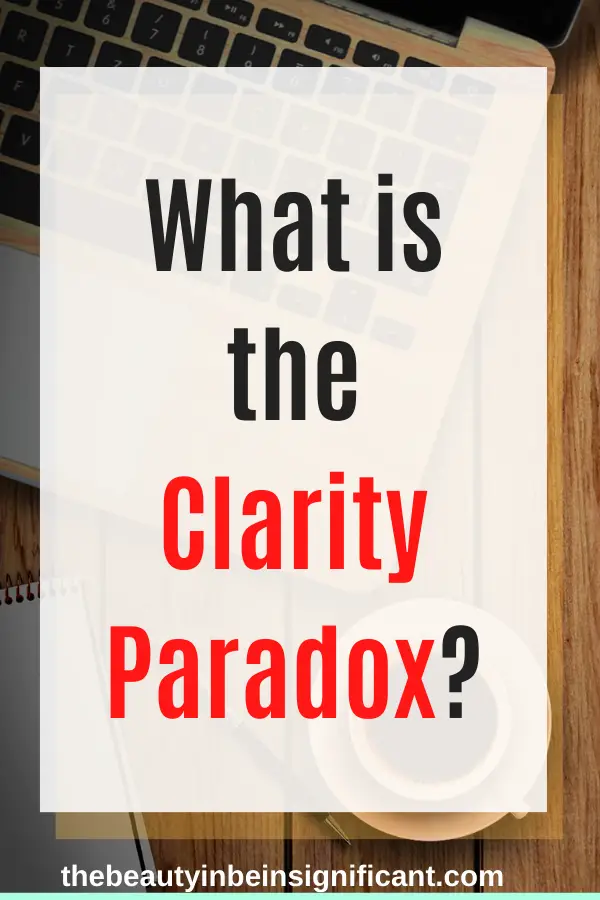
Let me tell you a story of how this directly applies to my life. For the first year of University, I was an incredibly diligent student. My main focus was on getting good grades. The drinking and partying that university was known for didn’t interest me. As a result, I achieved very good grades in my first year.
Second year comes around, and because of my accomplishments, I was invited to participate in several clubs and events. As someone who grew up unpopular, this was a first for me. The attention quickly got to my head. I started socializing more. Partying more. I’ll study when I get back. That piece of work will get done over the weekend. Spoiler, it didn’t.
When exams came around, I was severely underprepared. I had none of my usual notes. No system to predict exam questions. Nothing. Unsurprisingly, I didn’t do very well that year. I realized that I gave into the distractions, losing sight of why I was at University. Slowly but surely, I had become a victim of the clarity paradox.
If you’re caught in the middle of this paradox, there’s still hope. Here are some quotes about essentialism by Greg McKeown that should put you back on the right path to achieve your goals.
10 Quotes about Essentialism by Greg McKeown
Here are 10 of my favourite quotes from the book Essentialism: The Disciplined Pursuit of Less. These have been game-changing in terms of getting me to re-assess my current priorities in life. If you’re interested in the book, here is the link to it on Amazon.
Essentialism: The Disciplined Pursuit of Less: Amazon.co.uk: McKeown, Greg: 9780753555163: Books
Please not that this is not an affiliate link and I do not earn a commission from it. I just believe the book is definitely worth a read.
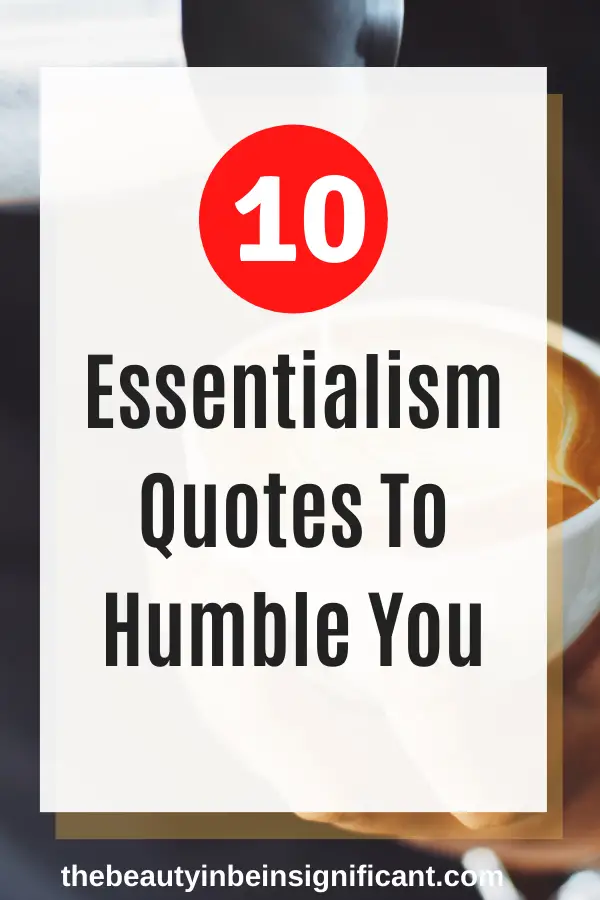
“Essentialism is not about how to get more things done; it’s about how to get the right things done. It doesn’t mean just doing less for the sake of less either. It is about making the wisest possible investment of your time and energy in order to operate at our highest point of contribution by doing only what is essential.”“If it isn’t a clear yes, then it’s a clear no.”
“Remember that if you don’t prioritize your life someone else will.”
“It is about making the wisest possible investment of your time and energy in order to operate at our highest point of contribution by doing only what is essential.”
“The word priority came into the English language in the 1400s. It was singular. It meant the very first or prior thing. It stayed singular for the next five hundred years. Only in the 1900s did we pluralize the term and start talking about priorities. Illogically, we reasoned that by changing the word we could bend reality. Somehow we would now be able to have multiple “first” things.”
“We often think of choice as a thing. But a choice is not a thing. Our options may be things, but a choice—a choice is an action. It is not just something we have but something we do.”
“Essentialism: only once you give yourself permission to stop trying to do it all, to stop saying yes to everyone, can you make your highest contribution towards the things that really matter.”
“There should be no shame in admitting to a mistake; after all, we really are only admitting that we are now wiser than we once were.”
“What if we stopped celebrating being busy as a measurement of importance? What if instead we celebrated how much time we had spent listening, pondering, meditating, and enjoying time with the most important people in our lives?”
“We overvalue nonessentials like a nicer car or house, or even intangibles like the number of our followers on Twitter or the way we look in our Facebook photos. As a result, we neglect activities that are truly essential, like spending time with our loved ones, or nurturing our spirit, or taking care of our health.”
Greg McKeown
What do you think? Is essentialism for you? Have you always considered yourself to be a busy person? Let me know in the comments below, I’m curious.
If you enjoyed reading, then do share it with your friends and family! In addition, make sure to sign up to our email list to gain access to our free goal statement guide. It has given me the focus needed to effectively plan my goals for this year.
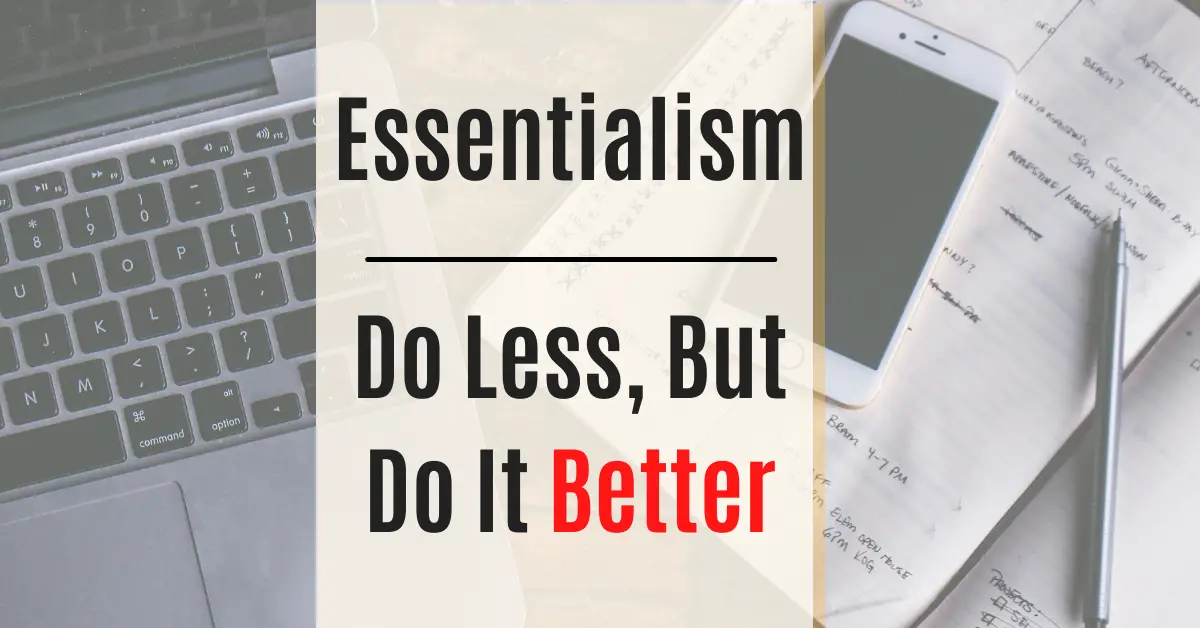
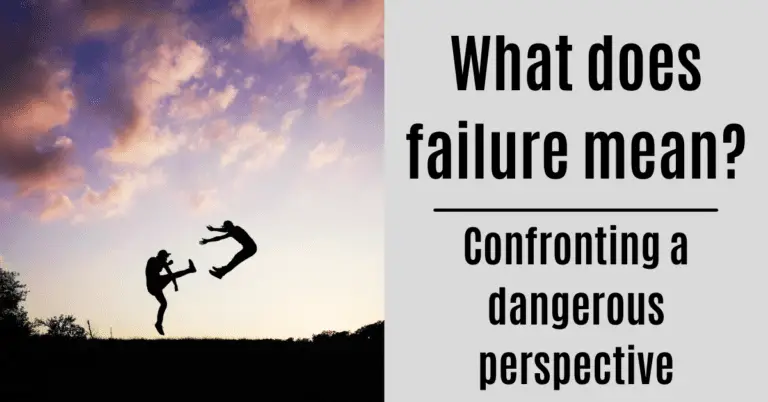
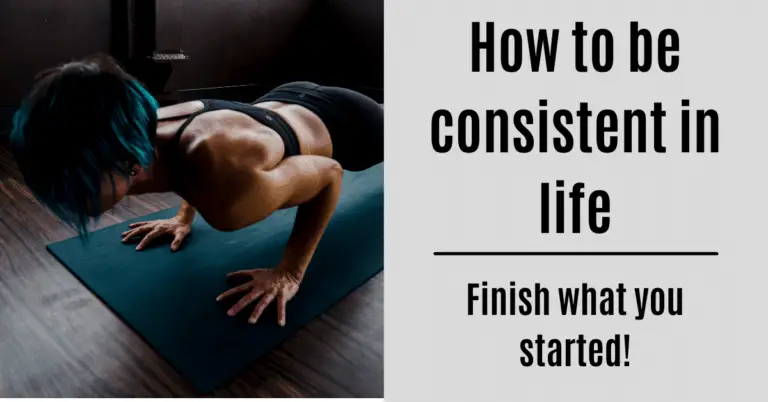
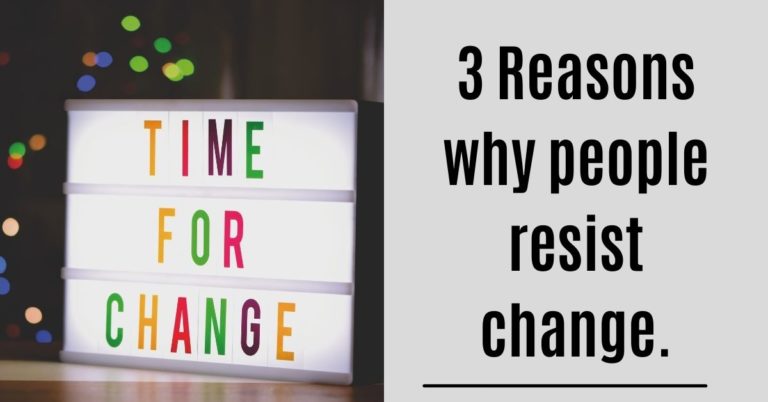
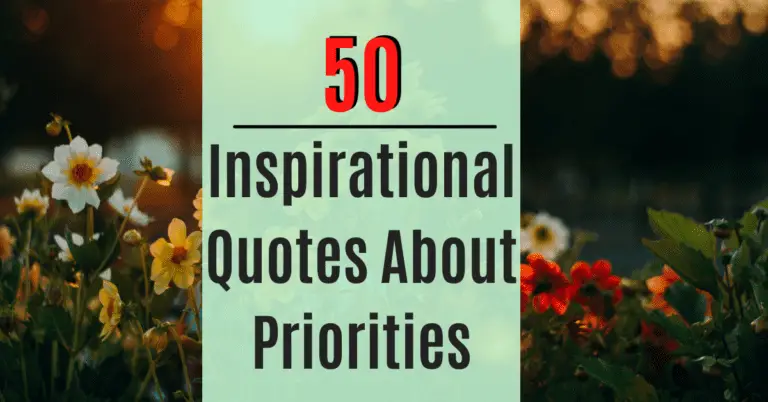
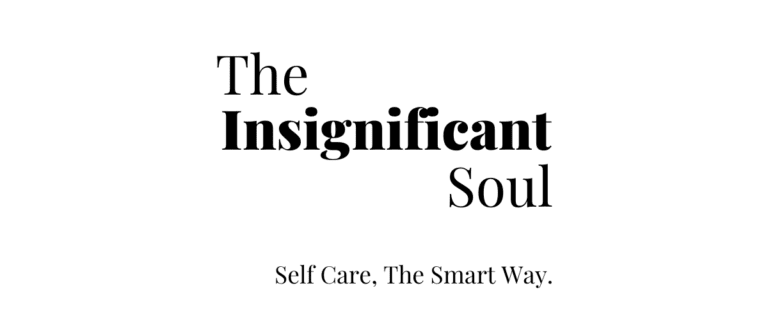
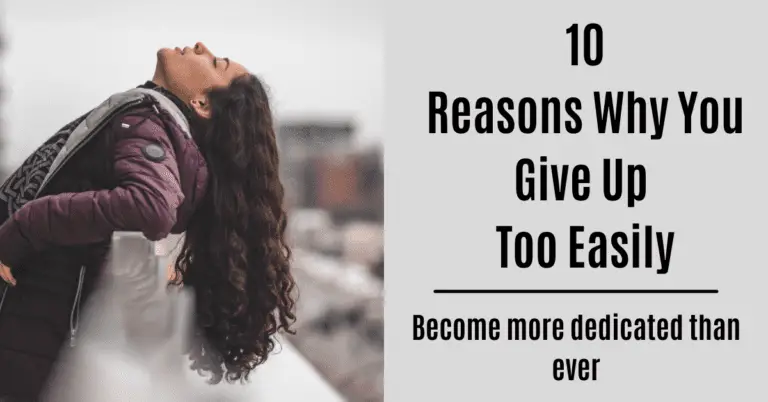
Totally agree!
thanks for commenting!
I really need to stop multitasking. I like keeping busy, but multitasking means that not all tasks are done to the best of my ability. Great post, thanks for sharing.
I used to be very guilty of this. Took a reality check for me to see that I wasn’t actually being productive. I just looked like I was!
I enjoyed this immensely and a lot of the points you mentioned hit home. I am guilty of trying to do so many things at once, without really having a clear direction. The result is that I am spreading myself too thin. Will take some time to remove all the clutter so I am focused on what is really important! Thank you for sharing.
It’s something I truly struggle with on a daily basis. I think a part of it comes from ego as well. Convincing myself that I can do it all, whilst it slowly breaks me down on the inside. It’s a lesson in humility to just step back and reassess things. Thanks for reading!
This was a great, thought provoking read, thank you!
Thanks for reading! I really do appreciate it!
I love the explanation of the Clarity Paradox – makes sense! I had never heard of it before this post.
It’s a really interesting concept for sure! Glad you enjoyed reading 🙂
Yes! Focus on getting the right things done and avoid chasing the “shiny objects.” This is great advice.
Beautiful write up. Thank you for this, I don’t even know how I came about it…but I’m glad I did…cos this is something I’m very much guilty of…thank you again, more inspiration!